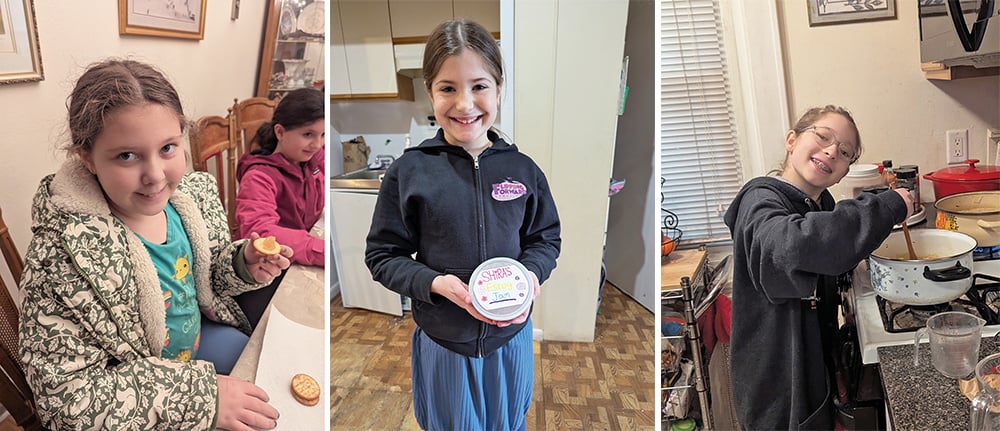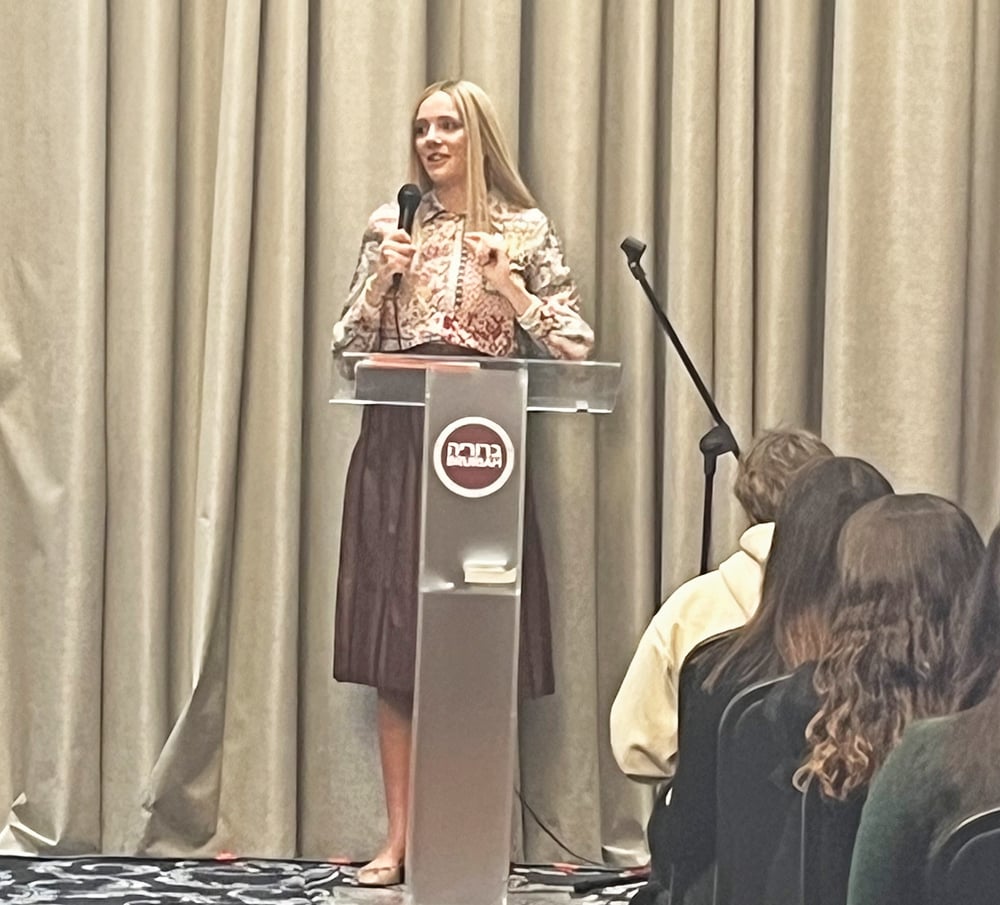Dedicated in loving memory of my uncle Shmuel Kohn, R’ Shmuel Chaim ben Rav Yakov Meir a”h, a long-time Teaneck resident who often told me that he enjoyed reading this column in The Jewish Link. He passed away suddenly last week. May his neshama have an aliyah.
It’s the million-dollar question:Why do we feel like we never change? The truth is that the question itself is a fallacy. Who doesn’t change over time? The experiences of life invariably affect and change us. We aren’t the same people we were a year ago and we are definitely not who we were five and ten years ago. But there is justifiable frustration in our inability to affect the changes we want or to the extent that we want. We often feel frustrated that we are still struggling with components of ourselves that we hoped we would have mastered long ago.
Many adults can relate to the struggles of dieting. It has become in vogue for people to go on crash diets. There are no shortages to the different types of crash diets out there. Atkins, South Beach, Slimfast, Fit for Life, Cracker, Pickle, balls behind the ears, etc. I myself have tried some of them.My rebbe, Rabbi Berel Wein, notes that the problem with crash courses is that they usually crash. The same can be said about crash diets. The greatest challenge is that it’s not nearly as hard to lose the weight as it is to maintain the weight loss.The only way to lose weight and to keep it off (says the guy who hasn’t successfully done so yet…) is to have a mental/paradigm shift. One must begin with the end goal in mind, and be prepared for, and undaunted, by slip-ups.
One of the simplest yet most profound pieces of advice I ever heard is: “You don’t drown by falling into the water; you drown by staying there.” I repeat it to my students all the time. It’s not the fall that hurts us as much as our becoming dejected by our failing.
A couple of years ago I was dieting and had a great “mentor” with whom I would check in with constantly. I started after Sukkos (like many people do) and did quite well for a few months. Then came Chanukah when the evil Greeks forced me to eat some latkes and a donut.
As was protocol, I had to admit it to my mentor. I loved his response so much that I printed it and kept it: “Okay, that was the past. Just bear in mind that it could take 2-4 days to get back into fat burn mode, so you might experience the starting over symptoms — headache, hunger, etc.
Obviously it’s your choice. But is that worth a few minutes of “happiness” and indulgence?
The idea of the program is to train ourselves to sever the emotional connection we have with food. It should not be something we use as a reward or rely on. We sustain our weight loss by remembering that this is a lifestyle of healthy eating.Everyone takes a different amount of time to come to that realization. Whenever I am personally faced with a food craving, I think to myself, “Look how far I’ve come. Do I want to ruin all the hard work and sacrifice now?” It’s your choice to make. I’m just here to help you make the best ones.”
I reread the email three times. He had essentially related to me the Yom Kippur speech I told my congregants and students (and hopefully myself). The only difference was that he was writing about food, instead of personality defects or foolish habits:
- The past is the past!
- You will experience some starting-over symptoms, but they will pass!
- Look how far you’ve come!
- The choice is yours; I’m only here to help!
The first step to any sustainable change is to visualize the end goal. Stephen Covey calls it “Beginning with the end in mind.”.That goal must carry the person throughout his journey, especially during times when he feels frustrated.
We would be wise to also remember that beginning the journey is itself perhaps the most challenging part of reaching the destination.The journey of a thousand miles begins with the first step.
Let’s get moving!
Rabbi Dani Staum, LMSW, is a popular speaker and author. He is a rebbe in Heichal HaTorah in Teaneck, NJ, and an experienced therapist, recently returning to seeing clients in private practice, as part of the Rockland CBT group. For appointments Rabbi Staum can be reached at 914-295-0115. Looking for an inspirational and motivating speaker or scholar-in-residence? Contact Rabbi Staum for a unique speaking experience. Rabbi Staum can be reached at [email protected]. Archives of his writings can be found at www.stamtorah.info.













